== Internet threat ==
Do you regard the internet as friend or foe? Probably, like most people, a bit of both. Rehana Ali, who runs two sites with her husband, in Leeds and Bradford, rang to ask if there was anything they could do to prevent someone "just around the corner" from the Bradford site from applying for a licence to sell alcohol from home. She had checked with the local authority which confirmed that the guy had applied for a licence to sell via the internet and had taken the appropriate course. The council said she had 28 days to appeal.
I suspected that the threat to the Alis’ off licence sales would probably be no greater than if the guy lived in Bournemouth. But I also suggested that she appeal on the grounds that the couple had spent 10 years serving the local community with a clear record when it came to under-aged sales. It never hurts to remind the local authority what good eggs you are.
The idea of an entrepreneur muscling in intrigued me enough to check back with them two months later for the outcome. "He was just a young guy and nothing came of it," she said. Probably the logistics of delivery struck home. The problem with offering goods on the worldwide web is you never know where your customers might be.
== Power struggles go on ==
Since reporting in December that Jonathan James had received a bill out of nowhere (well, actually from erstwhile energy supplier Powergen) for £35,000 for three years’ worth of wrong readings, I’ve been contacted by Jim Such, who runs Troopers Lodge Service Station at Moreton in Marsh, Gloucestershire.
He wrote to Npower in April 2002 asking for a balance as he wished to transfer to British Gas. He received a statement showing that he owed £579 which he promptly paid.
Four years later - yes, four years - he received a final demand from a firm of debt collectors looking for an outstanding balance of £6,000 plus charges (£8,731), to be paid within seven days or he’d face court. And, oh yes, there had been errors in the meter readings.
Jim attempted to talk to the debt collectors who didn’t bother showing up for an agreed appointment. It all went quiet. Then, in September 2007, another year later, he was offered a settlement figure of £5,000.
"I have declined their kind offer," he says, "and have spent considerable time setting out a spread sheet of as many of the actual meter readings I can obtain from my records. I feel I have been open and honest in my dealings with Npower and if they have cocked this up then this is not my problem."
He, like Jonathan, points out that his is a family business trying to survive.
Readers may note that a demand for £8,000 isn’t in the same league as a demand for £35,000, but they are relative. Jonathan James has five sites (three petrol plus stores, two c-stores minus petrol) but his is still a family business which can ill afford such abusive demands from a company, which like all the energy suppliers, seems to think that deregulation means an opportunity to profiteer.
Jonathan, in his new high-profile role as deputy chairman of the Association of Convenience Stores, feels it is his duty to go the distance on this one and has told Powergen he will see them in court. He too is so sure that he has right on his side that he says: "I’m pretty at ease with it."
He adds that, even without the appalling meter-reading errors, energy companies have not been backwards in putting their prices up. His supermarket at Soham in Cambs had an energy bill of £26,000 per annum when he took it over in 2003. By 2007 this had risen to £63,000 which is £800 a week off his bottom line. He has not increased the refrigeration at the store and in fact has decreased the overnight lighting so this is purely organic growth in the price of energy.
He is looking into the possibility of a wind farm and I, as I’m sure do you, eagerly await any details on this development.
== Keep a record ==
I’ve just received a press release from the Federation of Small Businesses (FSB) that I think is worth passing on. In partnership with the Coalition Against Crime, the FSB is launching a national campaign to increase reporting of crime against businesses. The federation wants to encourage thousands of businesses to keep a record of every crime they are a victim of, no matter how small, and to report it to the police. The Every Crime Every Time campaign aims to highlight the extent of crime against small businesses and the fact that it is grossly under-reported. Despite the fact that a fifth of all crime in the UK is committed against business, only one in eight incidents is reported, often because owners feel that crime committed against them is low down on the list of police priorities. (I wonder where they got that idea?)
Anyway, I’m sure this is one instance where, if urged to ’do your bit’, you will have no trouble at all in complying.





















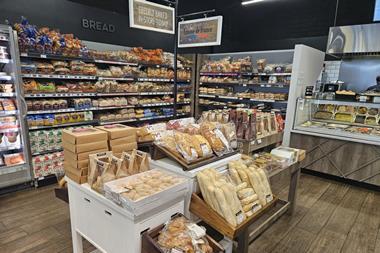
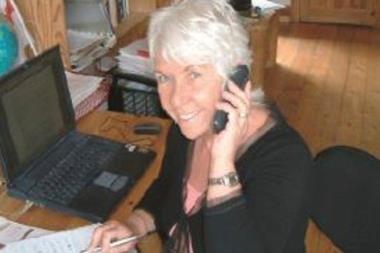
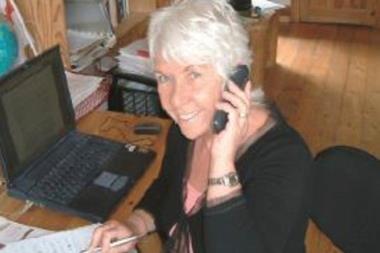
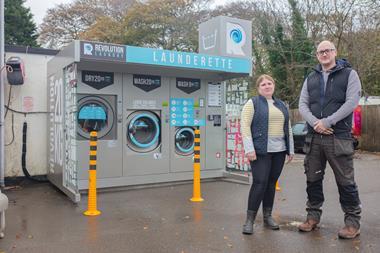


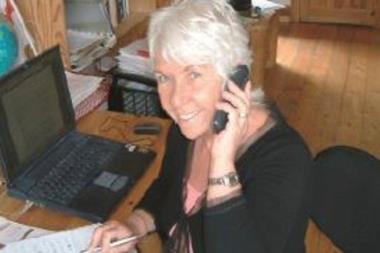
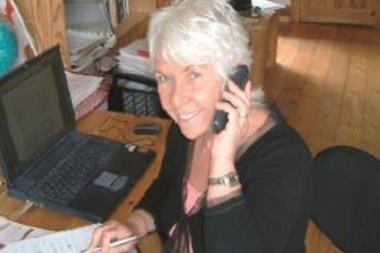
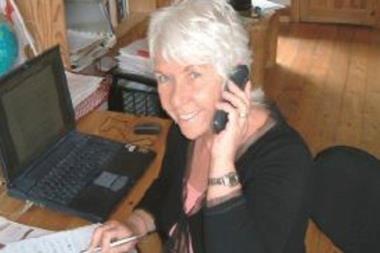
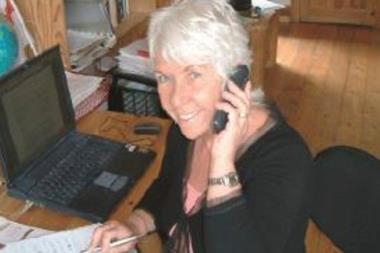
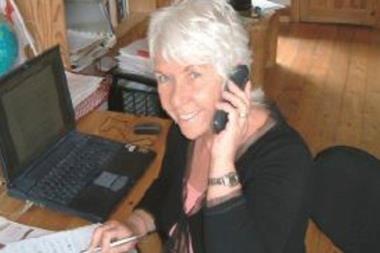

No comments yet